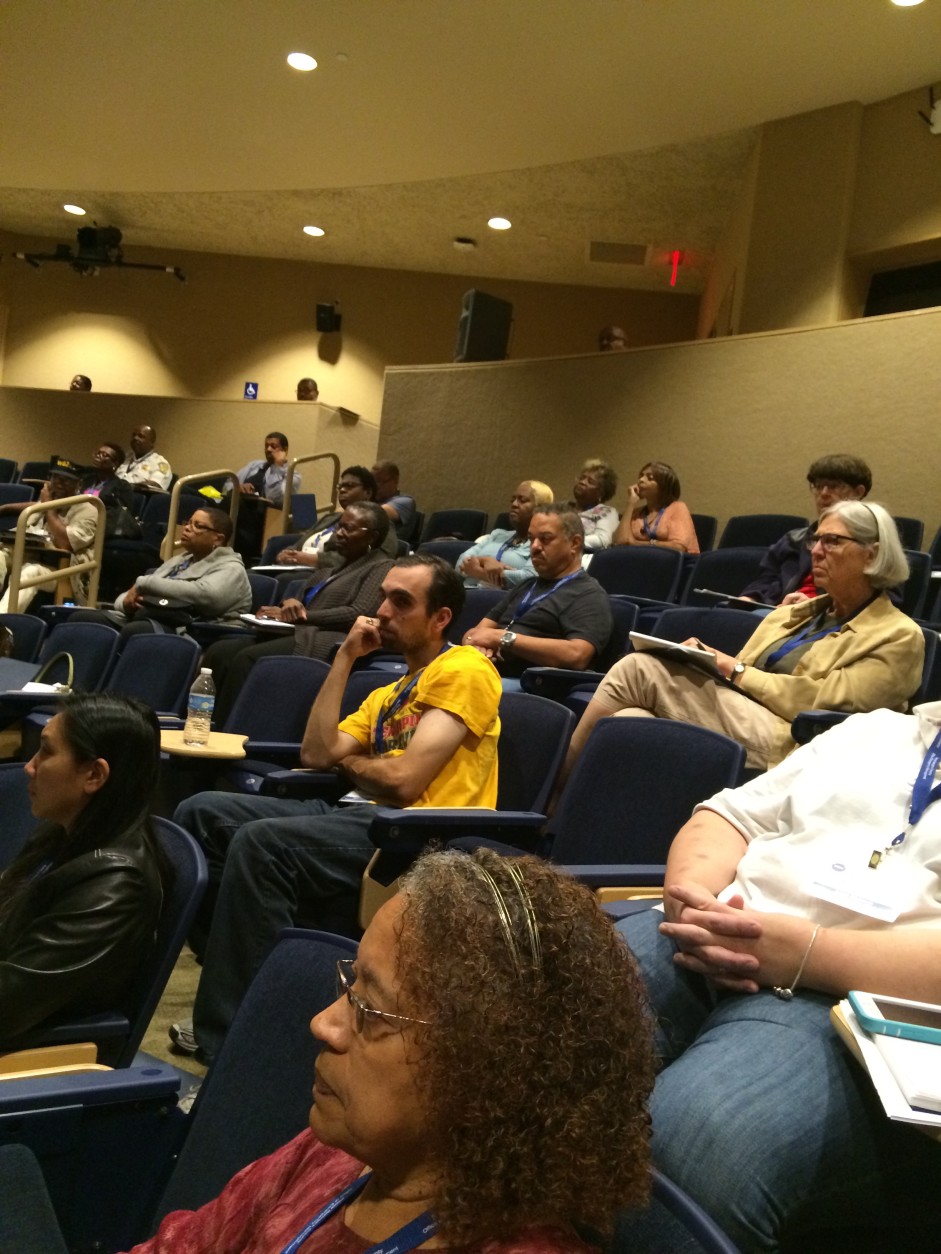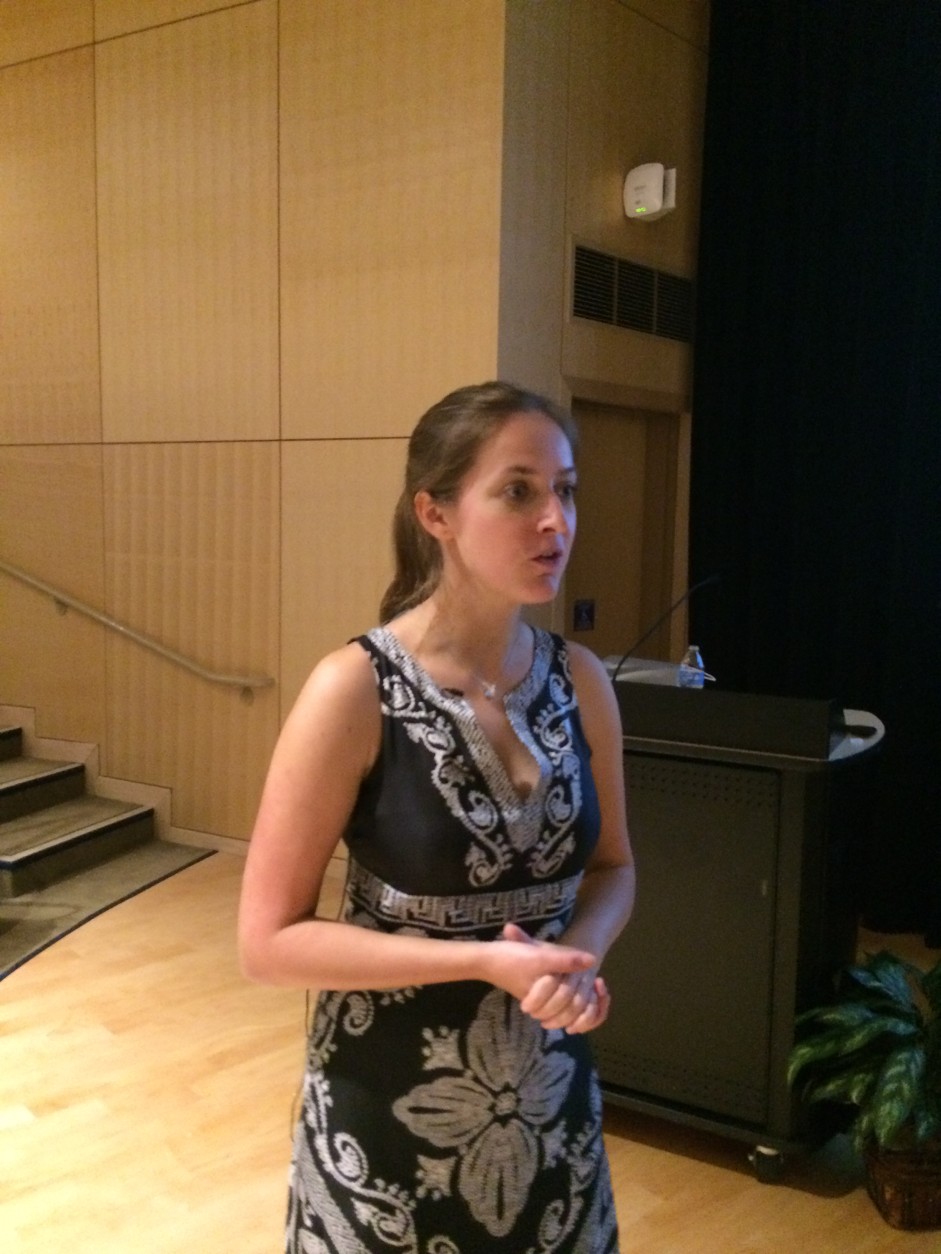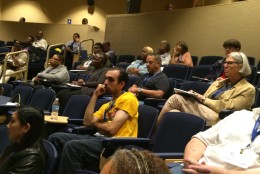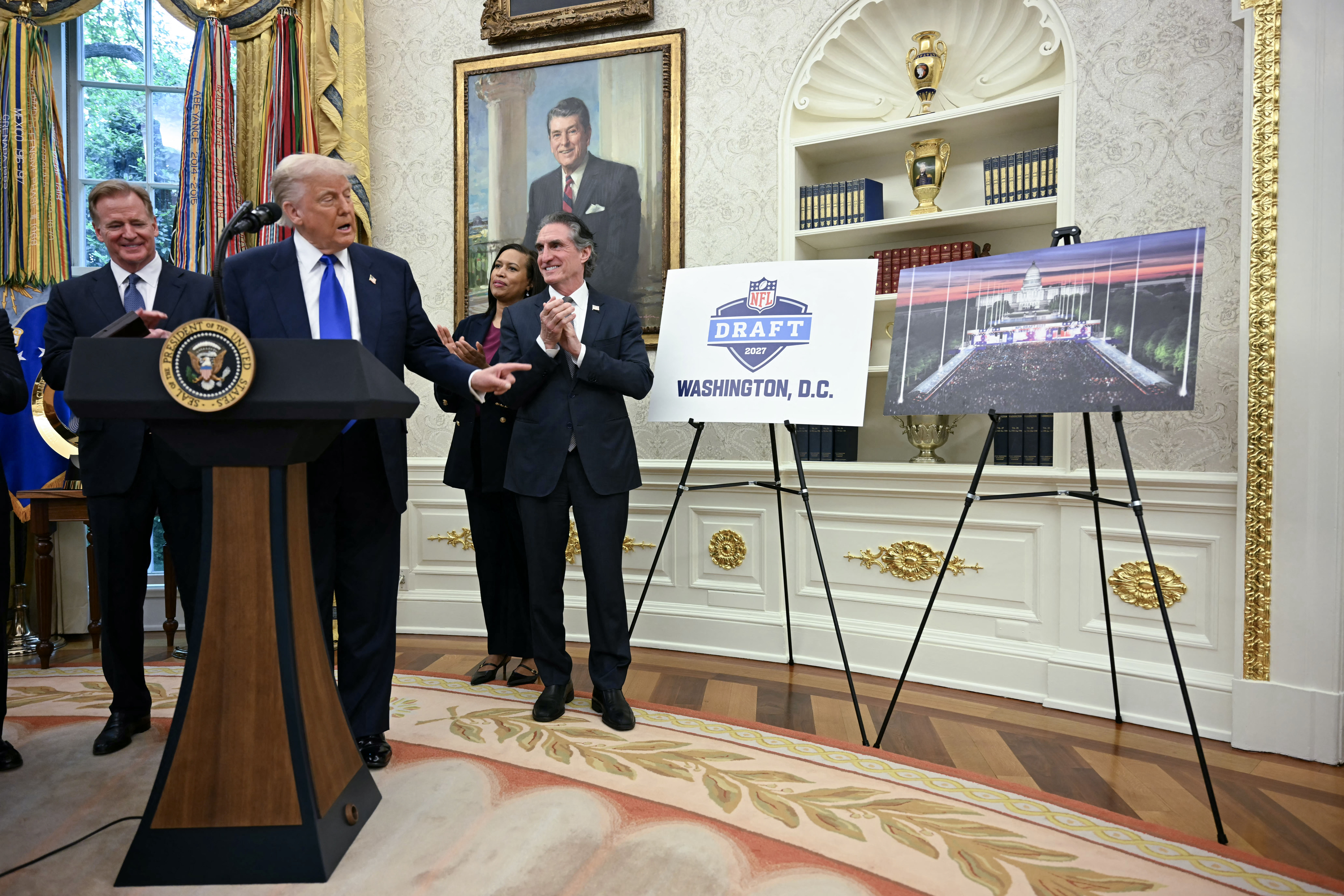



LARGO, Md. – A survivor of the Virginia Tech shootings in 2007 told a conference on emergency preparedness that every individual should have a plan for surviving emergencies ranging from severe weather to violence in public places.
“They ought to make a plan for how they respond, a plan to take care of themselves in the minutes, hours, days afterward. An earthquake is different from an active shooter. Law enforcement and first-responders are a fantastic entity to have but they’re only going to be able to count for part of the response. Our life, our safety on smaller to bigger scales is our responsibility,” said Kristina Anderson, who survived three gunshot wounds, one of the most critically injured survivors of the 2007 Virginia Tech shootings, where 32 people died.
Anderson was keynote speaker at the Prince George’s County Citizens Preparedness Conference, which included talks and seminars on topics, including active shooter, Public Health Challenges Following a Disaster and School Preparedness When Disaster Strike.
“We just experienced an event in Ellicott City. That type of event could impact us without warning,” said Ronnie Gill, director, Prince George’s County Office of Emergency Management, referring to the July flash flood that killed two people and damaged the historic town.
Anderson heads the Koshka Foundation for Safe Schools, an organization that offers training to prevent school and workplace violence.
“If someone is in any public space they need to think about, first of all, where the nearest exit is … and then they need to think about, secondly, if they’re not near the exits how can they make themselves a smaller target, or get to the door faster, or hide behind something if they had to,” Anderson said.
Gill said people should be able to manage themselves for the first three days of any disaster.
“Have a plan, be prepared, stay informed. If you’re doing those things, making a disaster kit … during an event you and your family will be ready,” Gill said.







